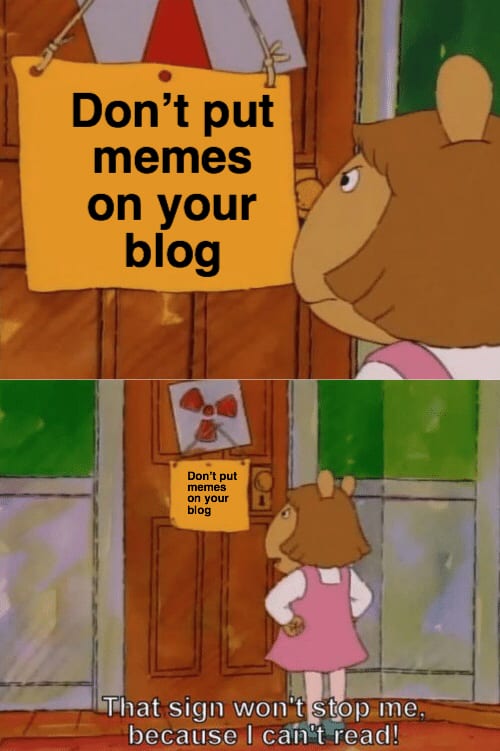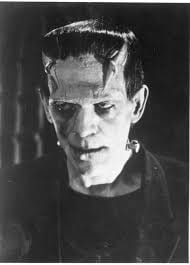Greetings!
Before I get anyone coming for me, I know it’s November. I know its past the traditional spooky season. That being said, we’re ignoring that and talking about horror. So put your decorations back up and your jack-o-lanterns back, we’re getting spooky in November.
Over the past few weeks, our class has taken on a few things. First, we went down to Seattle to do things like check out a car museum and study the history of horror at the MoPop. Second, we took on reading one of the most classic horror books, Frankenstein, and looking at the differences and similarities between horror back then and horror today. Finally, we’ve taken on a horror movie (but more on that at a later date).
So back that second point about seeing continuity and change in horror. To really see what has stayed the same and what hasn’t, we’re also looking at more ‘modern’ horror stories (using the term ‘modern’ loosely here seeing as a lot of this is from before the 2000’s). As a first comparison, we watched the classic movie of Halloween.
Already, that theme has probably put you on edge. It’s the most iconic horror theme of all time, arguably. Automatically you start thinking of that creepy mask and the guy with the knife, that moment when the doctor looks out the window and Michael is gone. And that is precisely what makes this movie so scary. The sound effects and the music is truly what makes the film halloween so scary.
In an interview with John Carpenter on medium.com, Carpenter states that when he showed the movie with no music or sound effects to an audience, they just weren’t scared. There were no shrieking violins or ominous piano notes to go alongside Michael walking across the street to Laurie in that eerily calm way. There were no crashing symbols to go with Laurie discovering her friend in the bed, or in the closet. It just wasn’t scary.
So he set out to “save the movie” with the music. That iconic Halloween score, with all of the sound effects? It was made in two weeks, and it’s truly what makes the movie horrific. Because, let’s face it, it’s not the blood and guts (if we can even call it that).
Though let’s think more in terms of setting and plot. Why was Halloween so monumental and why does it still hold up today? Watching the movie from todays eyes, it frankly wasn’t that scary. But for the time, people were looking away, uncomfortable in their movie theatre seats. Why? Because it was one of the first ‘slasher’ films. Michael doesn’t have any motivation (I’m looking at it through the angle of 1978, so none of the sequels and that terrible new one count here). He’s just a man who isn’t right in the head and decides to go on a killing spree after escaping a mental institution. At the time, the idea of someone who was just blatantly human killing other people for no reason hadn’t been done in film before.
However, it had been done in real life. The 1970’s had had some bad experiences with killers out in the real world. Ted Bundy, Charles Manson, so on and so forth. It was already a reality in the 70’s that people like that were out there, and Halloween was a reminder of that. Though the end of Halloween doesn’t provide the closure of Michael being arrested, he instead gets away. It left that lingering feeling of unsafety that the news of Charles Manson being arrested had taken away.
The movie could have possibly been done today, but it wouldn’t have the same cultural impact that it did back then. Most horror movies these days would have to focus on more pressing issues, such as Us. On the flip side, there are things that would work today. The setting of suburbia, that feeling of a safe place suddenly feeling unsafe it something that will always work for horror. Having Michael Meyers as a human killer would also work, as long as he still had some more real motivation.
We understand that in the later movies, they give Michael Myers more of a back story. They try to make him more human, almost develop sympathy for him. Much like in Frankenstein, where we get to actually see the Monster’s perspective of things. It gives the viewer an internal horror, because we start to sympathize with the Monster just a bit. Of course he’s upset, everyone hates him because he’s ugly. The original Halloween, however, doesn’t have that. Both stories deal with that struggle of ‘what is humanity’, but in different ways. Frankenstein takes a slightly not-human entity and tries to humanize it, while Halloween takes someone human and does the opposite. It’s that non stop debate in your mind of ‘is this killer properly human? If they are, what does that mean about the rest of society?’ That constant struggle of what that means about the ‘monster within’.
What makes the movie Halloween such a horror phenomenon? It’s a mix of two things. On the technical side, it’s all about that terrifying soundtrack, which helps add on suspense. But on the moral side of it, it’s all about that one question:
What makes someone human?



